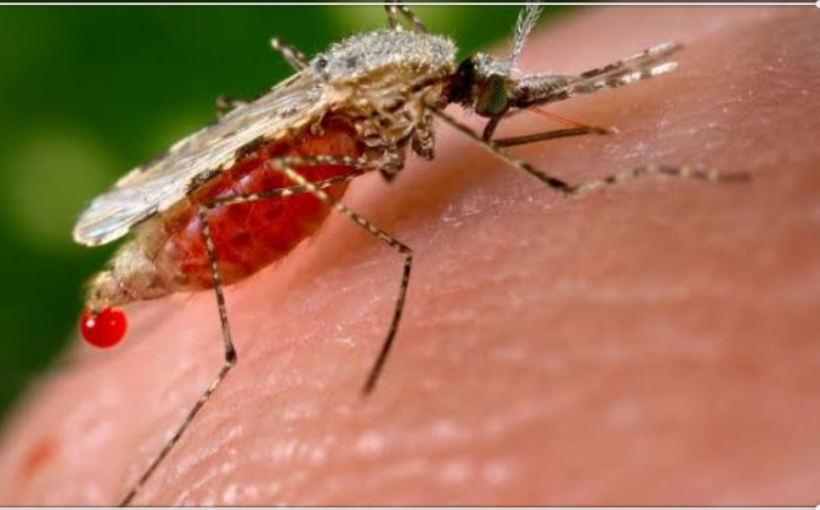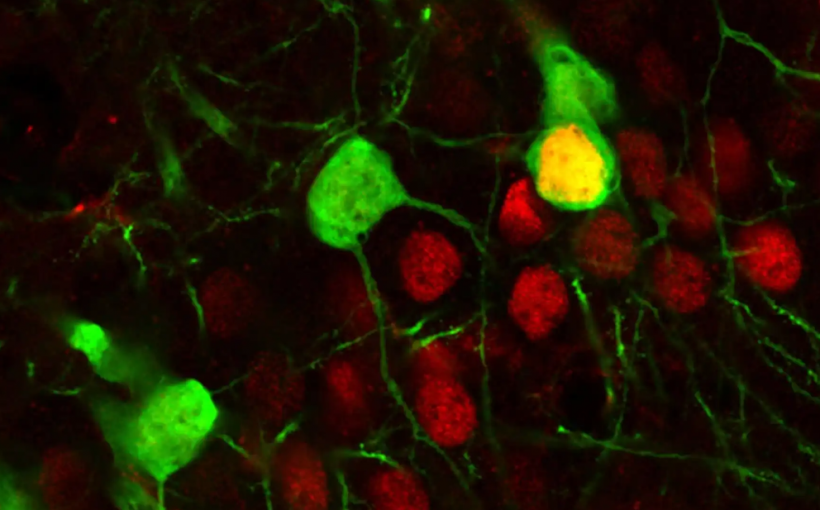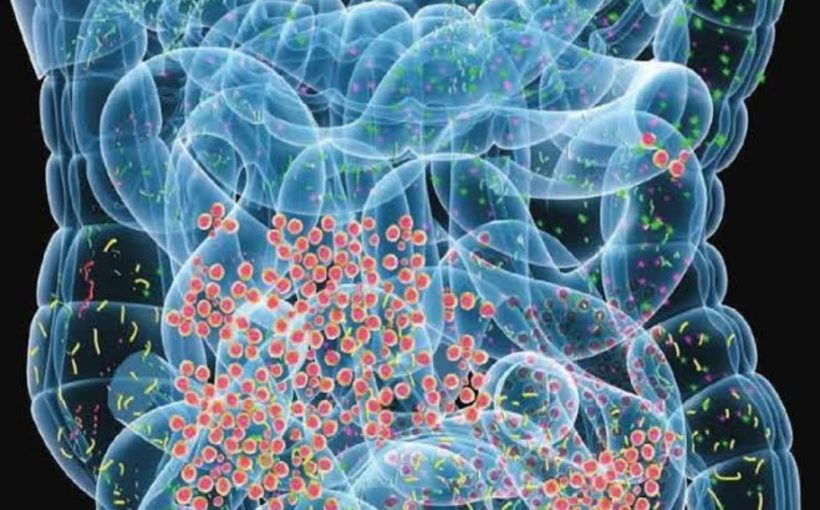The University of Bristol researchers who examined the case recommend clinicians consider nutritional optic neuropathy in any patients with unexplained

stay healthy…

The University of Bristol researchers who examined the case recommend clinicians consider nutritional optic neuropathy in any patients with unexplained

Exercise is known to reduce blood pressure—but the activity of bacteria in our mouths may determine whether we experience this
When a woman is pregnant, when she delivers is important to the health of herself and her child. Preterm birth
The study looks at why years of mass drug administration in Senegal have failed to dramatically alter infection rates
Mothers who are dissatisfied with their male partners spend more time talking to their infants—but only if the child is

We are all eating around 73,000 tiny bits of plastic every year through our food and drink, according to a
Protein aggregates have been observed in the nerve tissue of patients with Parkinson’s disease which consist of individual components (monomers)

People who have battled malaria may be around 30 per cent more likely to suffer heart failure, research suggests. Danish

Research conducted in mice found that genes in the hippocampus, the part of the brain responsible for memories and learning, were

The human digestive tract is home to thousands of different strains of bacteria. Many of these are beneficial, while others